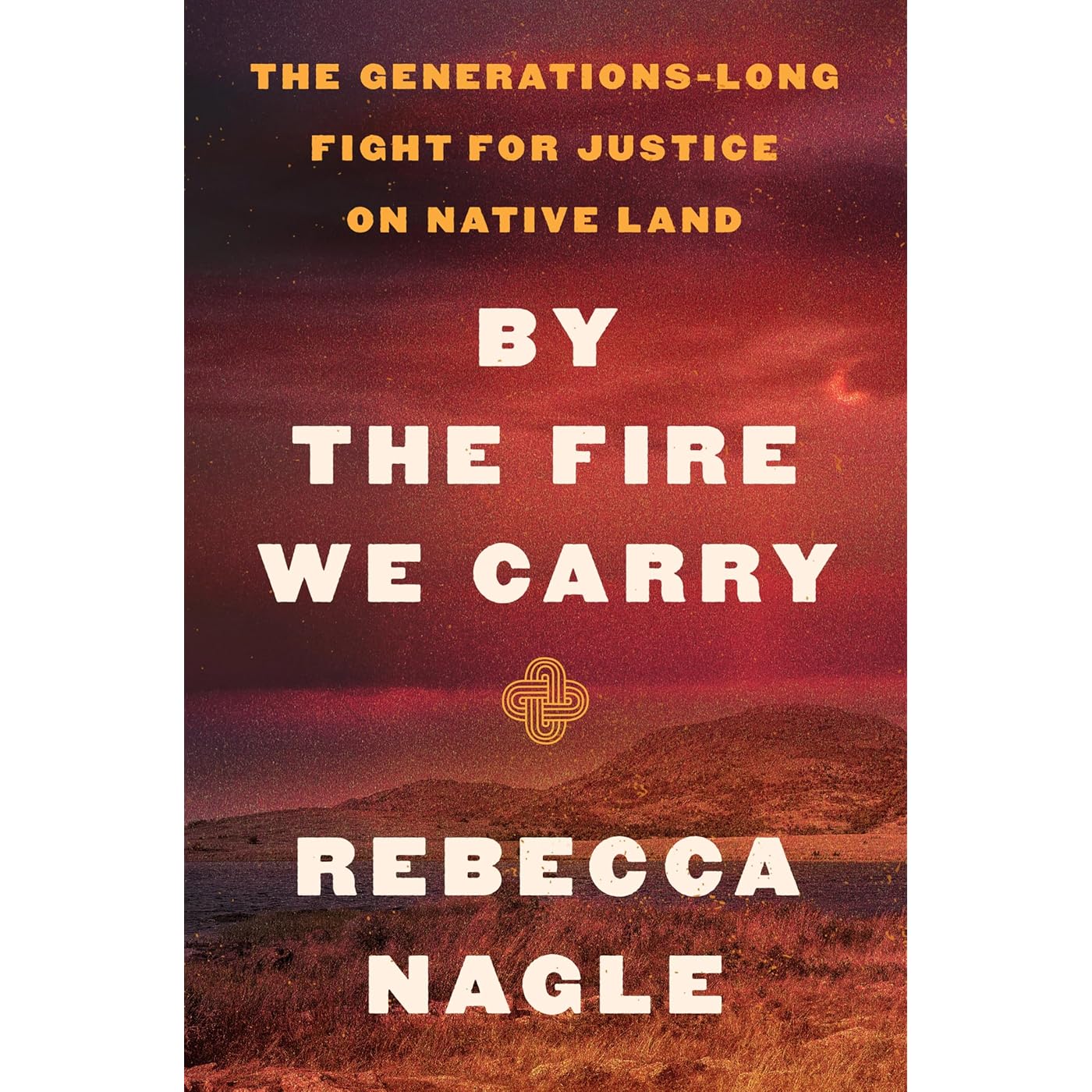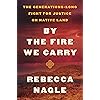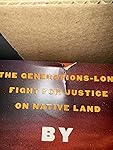

Ready to go? Add this product to your cart and select a plan during checkout. Payment plans are offered through our trusted finance partners Klarna, PayTomorrow, Affirm, Afterpay, Apple Pay, and PayPal. No-credit-needed leasing options through Acima may also be available at checkout.
Learn more about financing & leasing here.
30-day refund/replacement
To qualify for a full refund, items must be returned in their original, unused condition. If an item is returned in a used, damaged, or materially different state, you may be granted a partial refund.
To initiate a return, please visit our Returns Center.
View our full returns policy here.
Description
NATIONAL BESTSELLERThe New Yorker’s Best Books of 2024 • A Publishers Weekly Top 10 Book of the Year • An NPR 2024 “Books We Loved” Pick • An Esquire Best Book of the Year • A Barnes & Noble Best Book of the Year • A Kirkus Best Nonfiction Book of 2024Finalist for the National Book Critics Circle John Leonard First Book Prize • Winner of the Oklahoma Historical Society’s E. E. Dale Award • Longlisted for the Andrew Carnegie Medal for Excellence in Nonfiction • Longlisted for the Women’s Prize for Nonfiction • Shortlisted for MPIBA’s Reading the West Award for Nonfiction • Shortlisted for the J. Anthony Lukas Book Prize • Finalist for the ABA Silver Gavel Awards for Media and the Arts • Finalist for the Stubbendieck Great Plains Distinguished Book Prize • Runner-up for the Libby Award for Best Adult Nonfiction"Impeccably researched. . . . A fascinating book and an important one.”—Washington Post“A brilliant, kaleidoscopic debut. . . . A showstopper.”—Publishers Weekly, starred reviewA powerful work of reportage and American history that braids the story of the forced removal of Native Americans onto treaty lands in the nation’s earliest days, and a small-town murder in the 1990s that led to a Supreme Court ruling reaffirming Native rights to that land more than a century later.Before 2020, American Indian reservations made up roughly 55 million acres of land in the United States. Nearly 200 million acres are reserved for National Forests—in the emergence of this great nation, our government set aside more land for trees than for Indigenous peoples.In the 1830s Muscogee people were rounded up by the US military at gunpoint and forced into exile halfway across the continent. At the time, they were promised this new land would be theirs for as long as the grass grew and the waters ran. But that promise was not kept. When Oklahoma was created on top of Muscogee land, the new state claimed their reservation no longer existed. Over a century later, a Muscogee citizen was sentenced to death for murdering another Muscogee citizen on tribal land. His defense attorneys argued the murder occurred on the reservation of his tribe, and therefore Oklahoma didn’t have the jurisdiction to execute him. Oklahoma asserted that the reservation no longer existed. In the summer of 2020, the Supreme Court settled the dispute. Its ruling that would ultimately underpin multiple reservations covering almost half the land in Oklahoma, including Nagle’s own Cherokee Nation. Here Rebecca Nagle recounts the generations-long fight for tribal land and sovereignty in eastern Oklahoma. By chronicling both the contemporary legal battle and historic acts of Indigenous resistance, By the Fire We Carry stands as a landmark work of American history. The story it tells exposes both the wrongs that our nation has committed and the Native-led battle for justice that has shaped our country. Read more
Publisher : Harper (September 10, 2024)
Language : English
Hardcover : 352 pages
ISBN-10 : 0063112043
ISBN-13 : 49
Item Weight : 2.31 pounds
Dimensions : 6 x 1.13 x 9 inches
Best Sellers Rank: #38,840 in Books (See Top 100 in Books) #9 in Native American Demographic Studies #21 in Indigenous History #41 in Native American History (Books)
#9 in Native American Demographic Studies:
#21 in Indigenous History:
